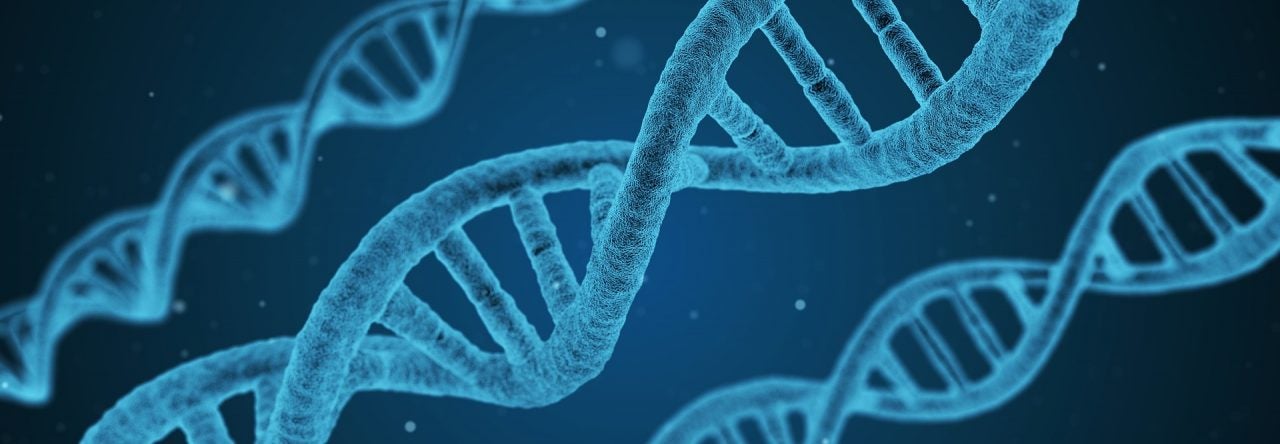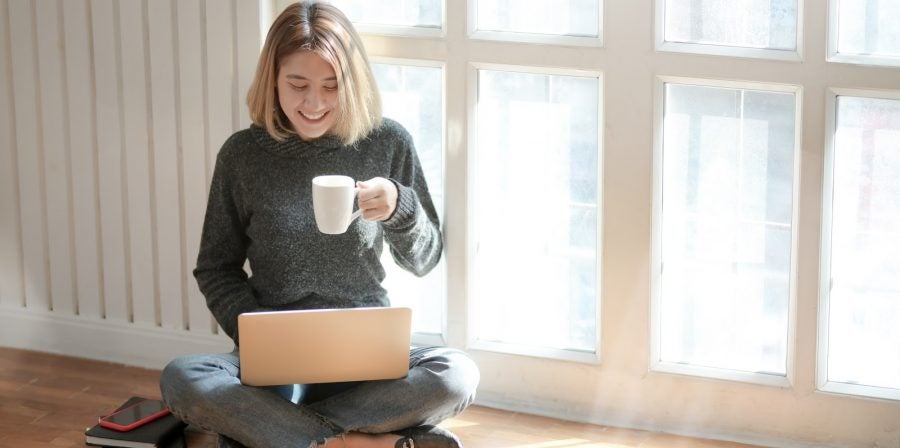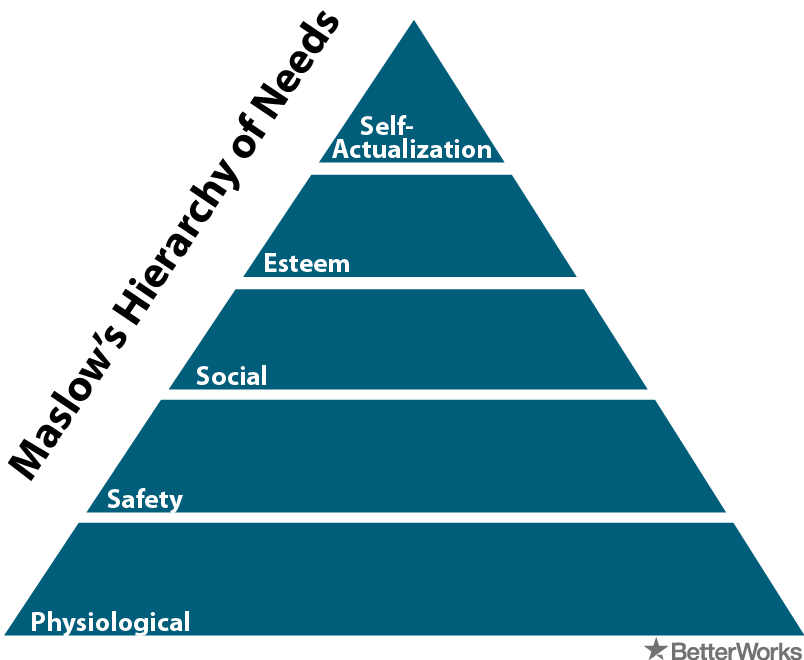Anxiety, depression, insomnia — we all experience stress in one form or another and often on a daily basis. Most of us would like to think we’d do anything to diminish these hurdles to happiness, though it’s likely you’ve heard much praise for meditation yet never committed to giving the practice a proper go.
Perhaps you feel meditation is more effort than it’s worth, or that you’ll never master the skill because your mind is the kind that never rests. However, meditation is not meant to be complicated, nor does it have to be time consuming.
In her Nature Career Column article titled Building a meditation routine for a more productive, creative and happier scientific life, Ana Pineda, PhD shows us how simple meditation can be, offering four easy tips to begin practicing mindfulness meditation routinely in a way that’s achievable for everyone.
Scientists like Dr. Pineda are part of the growing number of individuals discovering mindfulness meditation as a free and uncomplicated way of alleviating stress and boosting productivity, focus, and creativity. If you haven’t tried mindful meditation yet or gave up too quickly on it once before, perhaps it’s time to give the practice an honest shot.
Stay healthy. Stay thirsty.
Nina Cueva
Resource suggestion made by: Yulong Liu
Edited by: Sydney Wyatt





